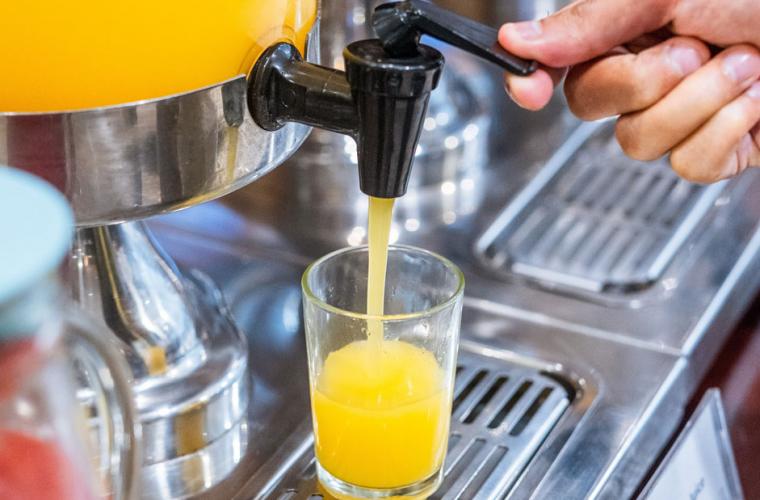"It is vital that councils are able to decide how the hundreds of millions of pounds raised from the levy is invested, to ensure that our children get the greatest start in life."

Responding to Public Health England’s third annual report on industry action to reduce sugar levels in products which contribute most to children’s sugar intakes, Cllr Ian Hudspeth, Chairman of the Local Government Association’s Community Wellbeing Board, said:
“It is encouraging to see sugar reduction in some food and drink, including a 44 per cent fall in sugary drinks since the Soft Drinks Industry Levy was introduced, but it is clear more needs to be done faster if we are to tackle childhood obesity head-on.
“It is vital that councils are able to decide how the hundreds of millions of pounds raised from the levy is invested, to ensure that our children get the greatest start in life.
“Councils are uniquely placed given their links to local health, leisure, community and voluntary services, as well as schools to intervene earlier and ensure children stay healthy, active and develop good eating habits into adulthood.
“This includes targeting those areas with the greatest need, such as with oral health programmes, weight management services, exercise referral schemes and offering free or reduced-cost sport.
“This in turn will lead to less pressure on our already overstretched health and care services, saving the country much more from obesity-related treatment in future.”
Notes to editors
Councils in England face a funding gap of more than £5 billion by 2024 to maintain services at current levels - this figure could double amid the huge economic and societal uncertainty caused by the COVID-19 pandemic. The LGA’s detailed submission to the Comprehensive Spending Review sets out how £10 billion is needed to not only plug this gap but meet growing demand pressures and improve services for communities.
